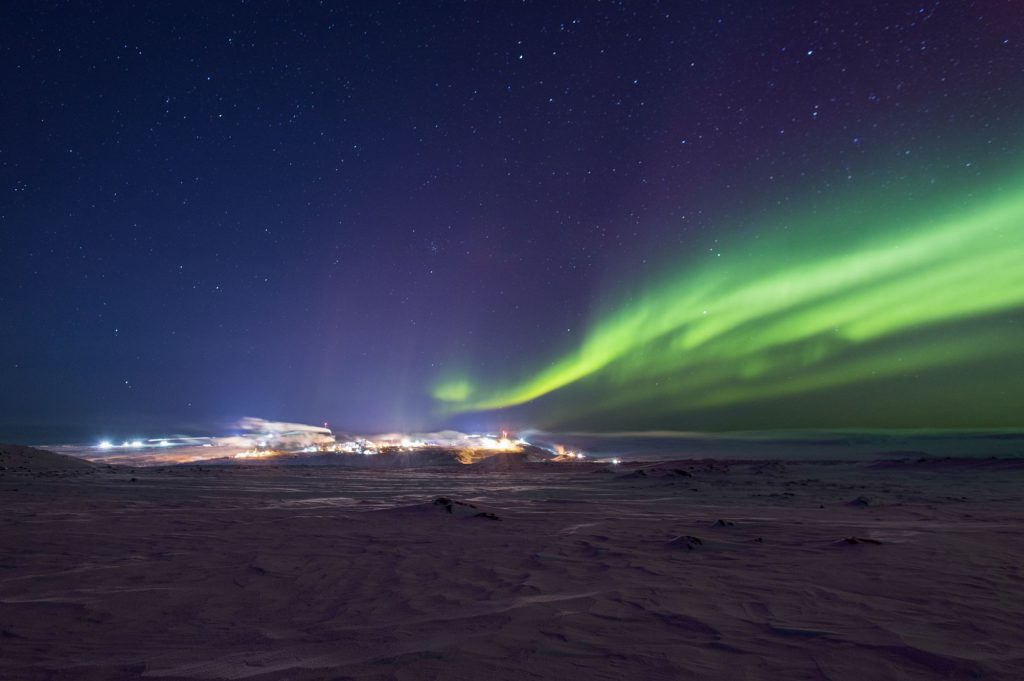Glencore widens review of assets, eyes acquisitions

Miner and trader Glencore said on Thursday it was in the process of selling 10 more assets, putting another 15 under review and considering acquisitions as it moves to refocus its portfolio on what it termed “commodities of the future”.
Glencore, which owns more than 150 operating sites, has sold seven assets so far, including some Bolivian zinc mines and a copper-gold mine in Australia.
It has 10 sales processes underway across its portfolio and 15 further assets under review which may not fit the long-term strategy of the company, it said during its annual investor day.
“Those assets that are not fit for purpose or subscale we would look to move out of our portfolio,” Chief Executive Gary Nagle said, without identifying the assets he was referring to.
“It’s not a one-size-fits-all approach… each asset will be looked at on its own merit.”
Glencore’s share price closed down 4.1%.
The company on Thursday guided towards an adjusted earnings before interest, taxes, depreciation and amortisation (EBITDA) of $21.7 billion in 2022, below analysts’ expectations.
RBC Capital Markets had forecast an adjusted spot EBITDA of $27 billion for next year, while Jefferies had put it at $23.7 billion.
The miner also said it would temporarily raise its net debt to $16 billion, the top end of its target range, for potential mergers and acquisitions, but added that it does not have short-term targets.
“There is nothing cooking,” said Chief Financial Officer Steve Kalmin, adding that targets would be “commodities of the future”, without giving details.
Nagle defended the company’s decarbonisation strategy to run down its coal mines by the mid-2040s, after an activist shareholder urged the company to spin off the unit and help prop up the “undervalued” stock.
London-based activist fund Bluebell Capital Partners Ltd on Tuesday asked Glencore to separate its thermal coal business and show its commitment to moving to cleaner energy sources, allowing more investors to buy the stock.
Some 94% of Glencore’s shareholders voted in favour of the company’s plans to hit net-zero carbon emissions by 2050.
Glencore is now looking for a 15% reduction in so-called Scope I and II emissions by 2026 compared to 2019, and 50% by 2035, from a previous target of 40%.
Thermal coal is the most polluting fossil fuel and other major mining companies, including Rio Tinto and Anglo American, have sold or spun off their coal assets to meet emissions targets and shift towards sustainable energy.
Thermal coal prices, however, have recently soared on power shortages in China and a European gas squeeze, partly helping Glencore stock rise more than 50% this year.
(By Clara Denina and Zandi Shabalala; Editing by Jan Harvey and Susan Fenton)
{{ commodity.name }}
{{ post.title }}
{{ post.date }}




Comments